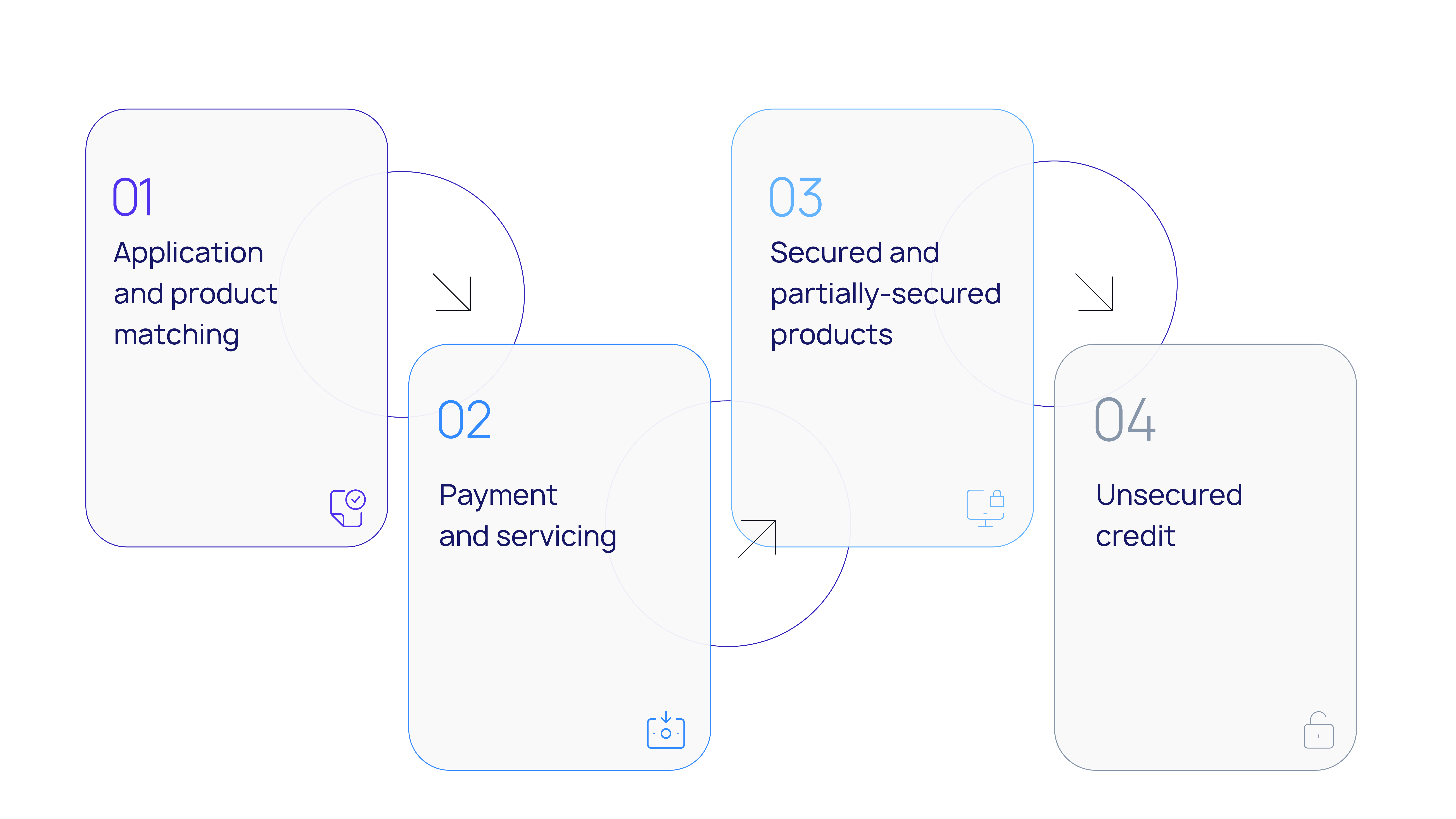Accrued: After Hours - Episode 2
Welcome to the second edition of Accrued: After Hours 🎙️! This weekly newsletter will provide you a short recap and the main takeaways of each episode from LoanPro’s Accrued podcast series on Fintech Confidential.
Hosted by Tedd Huff and LoanPro’s CMO, Colton Pond, Accrued explores fintech through the lens of lending with insightful conversations from experts and leaders across the industry.
Listen to the Accrued episodes on the following platforms:
Today’s newsletter will cover season 1, episode 2: Learn from Banking Past: Unlocking Tomorrow’s LendTech Strategies Today w/ John J. Maxfield.
In this episode, Tedd and Colton discuss banking and Lendtech with industry thought leader and expert John Maxfield from Maxfield on Banks. Using John’s expertise in banking history, the trio discuss compliance, innovation, and personalization, weaving historical context of banking into the fabric of their conversation.
💡 Tip: Throughout the episode, the trio refers to John’s “Ten Commandments of Banking.” If you aren’t familiar with these, you can read them here: THE TEN COMMANDMENTS OF BANKING – Maxfield on Banks.
Here’s what went down👂
Colton first introduces John as the “ultimate banking historian” with his two decades of experience and knowledge of banking. Maxfield on Banks started off as John’s personal project to document insights from banking leaders and has since then grown into a valuable resource for those interested in unraveling the intricacies of banking.
John shares insight into his passion for learning and discovering the stories behind banking leaders that helps him understand the bank itself. One example he shares is the poignant and inspiring story of Ross McKnight, a successful banker and billionaire whose life completely changed at just 15 years old after his father’s death and mother’s abandonment.
John, Tedd, and Colton then dive into a series of topics that paint a clear picture of how bank-fintech partnerships ought to be in order to drive positive outcomes:
Bank misconceptions
Fintechs have some misconceptions about banks that create barriers instead of increased collaboration. To move forward, both players must raise each other, together. After all, we’re all in the same ecosystem.
The pitfalls of banking
John explains that ‘chasing for yield’ is a problem that banks find themselves in most often (SVB being one example). He elaborates that this is all behavioral and the way for banks to stop falling into this trap is to look into their own behaviors and knowledge.
The future of banking
Without technology, banks will not survive. A consumer nowadays expects a certain experience, and more often that not that experience involves digitized services. Banks can use technology to not only provide the best customer experience, but also simplify their operations so that they can focus on more pertinent responsibilities, especially in the realm of risk.
Personalization
Banks have always been interested in personalization. John brings history to life with examples of banks tailoring their services to the specific needs of their customers. He stresses that banks have always (x7) been focused on the consumer long before the rise of fintechs.
In banking, the thing that determines the successes and failures is the confidence of the consumer. If you lose confidence, you lose the bank.
John Maxfield
What can we take away from these experts? 🧠
💻 Technology allows banks to focus on what really matters. With consistent regulatory changes in the banking industry, banks can use technology to simplify their operations and focus on creating processes that will ensure that they are up-to-date with the most recent compliance measures.
🤝 Increased understanding and collaboration is needed between fintechs and banks. It’s important that both fintechs and banks illustrate why things are the way they are before drawing conclusions. In order to work successfully and responsibly together, there needs to be a deep understanding of how each player operates and why they operate that way.
📖 In order to understand how to innovate the future of banking, we need to look at the past. Historical context provides invaluable insights into both the current and future state of banking. Looking into the stories behind financial institutions and the people attached to them can paint a bigger picture that unveils insights that could prove helpful in shaping the future of banking.




